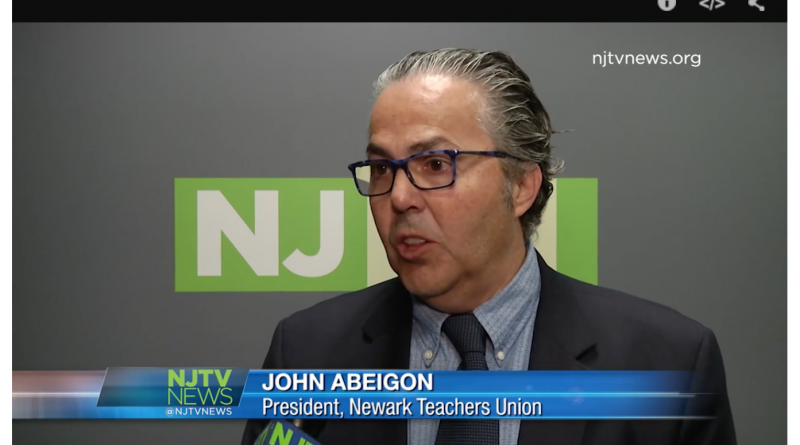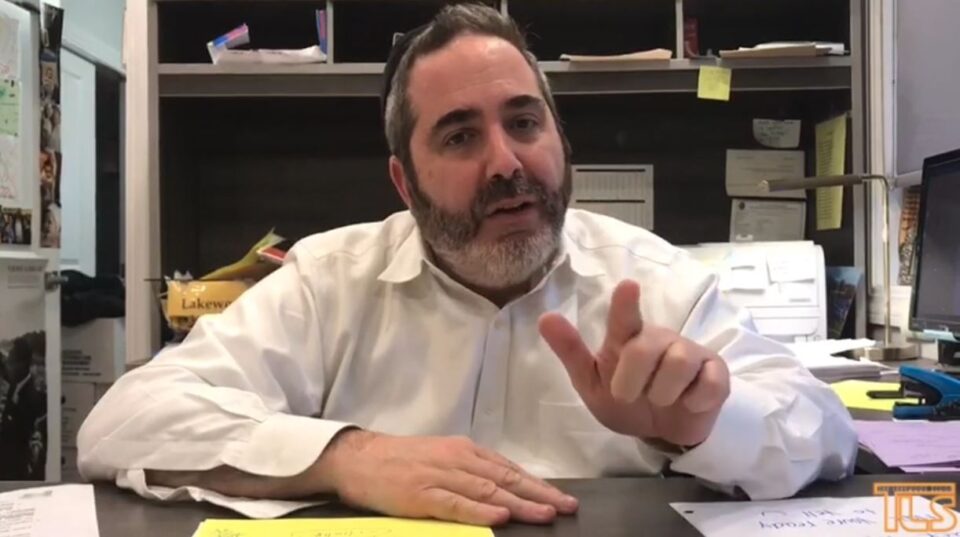NJEA Prez Plays Defense after DOE Issues Findings that 97.2% of N.J. Teachers are Effective Educators
June 2, 2015New Newsworks column: What Does Christie’s Common Core Reversal Mean for New Jersey?
June 4, 2015Question for the Day: How Much Did NJEA Pay to Protect Each Ineffective Teacher?
On Monday the New Jersey Department of Education released its Final Educator Evaluation Implementation Report, which provides data on the first year that N.J. linked student test scores on standardized tests to teacher evaluations. This is part of the TEACHNJ law, originally applauded by NJEA (after legislators removed the section that substituted teacher effectiveness for seniority during lay-offs).
After all the data-crunching, 97.2% of N.J. teachers and principals were found to be either effective or highly-effective. Or, 2.8% of the state teaching corps was rated ineffective or partially effective.
Some critics have jeered at the 2.8%, which comes out to 2,900 educators out of N.J.’s 113,126 teachers and 4,058 principals. Here’s a reminder: in order to defuse a riot, as well as some misbegotten anti-PARCC legislation, Gov. Christie issued an Executive Order that lowered TEACHNJ’s link of 30% student growth data to 10%. Statehouse leaders have suggested that N.J. retain that 10% link for at least an additional year. That’s either wimpy or wise.
Speaking of labor union support, NJEA, according to various reports, spent as much as $15 million on its opt-out-of-PARCC campaign, mainly directed at high-income suburban parents who don’t worry about their schools’ language arts and math proficiency rates. Only fifteen percent of teachers — those who teach 4th-7th grade language arts and math – receive mSGP (Student Growth Percentile) ratings. So, out of the 2,900 ineffective teachers, that’s 483 teachers whose ineffective ratings are tied to PARCC data. This means that NJEA paid $32,000 to protect each ineffective teacher. Your teacher dues at work. Or, if you really want to follow the money, your state and local taxes.





1 Comment
Get over it, Laura. The collective fantasy of 'reformers' to find huge numbers of teachers 'ineffective' isn't going to happen. The question you SHOULD be asking is how much was spent by the state and local districts for a system that yields so few under-performers and whether the whole thing was a waste of time and money.